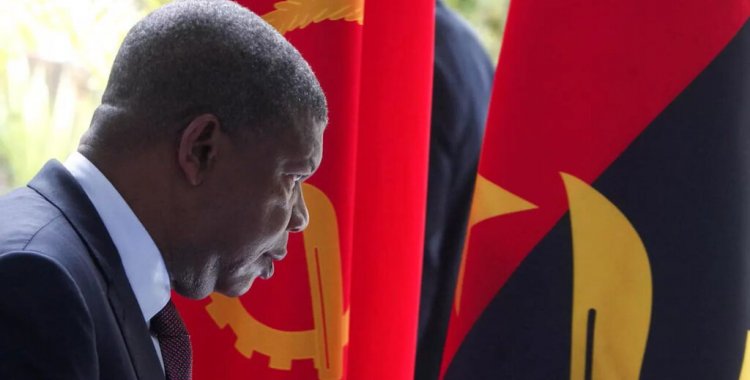For Ricardo Soares de Oliveira, professor at the Department of Politics and International Relations at Oxford University and author of the book "Magnificent and Miserable: Angola since the civil war", João Lourenço's challenges are many.
In the fourth year of João Lourenço's term, who took office on 26 September 2017, the academic describes the current political situation in Angola as "very malleable" and characterized by serious economic problems, despite the recent increase in oil prices.
"There could still be turmoil over the next 12 months in the raw material markets and, in any case, it does not compensate for the drain on resources that we have seen since 2014. This is an iron ball that João Lourenço has on his leg," he said.
The country remains dependent on raw materials, as it has always been, does not generate employment and has not achieved economic diversification, placing the economic situation at the center of the concerns of angolans.
And even if the President manages to obtain funding to "feed some clientele groups" that will guarantee him some medium-term support, this does not eliminate the political issues facing the country.
The African issues expert looks at the MPLA as a "fossilized" party whose references to the past have become obsolete in the minds of 75 percent of the mostly young Angolan electorate.
"It's as if a Portuguese political party made an electoral manifesto with vivid references to World War II", he stressed, stressing that the "demonization of the opposition" that was central in the 70s, 80s and 90s is now "useless or even counterproductive" and does not discourage people who want to vote UNITA.
"João Lourenço can't get rid of the liabilities that come with the MPLA. The party is what it is. People are what they are, he can get rid of two or three super corrupt ones because he thinks it will give a bad image, but it's not just two or three, it's a significant slice of the party's leadership," continued the investigator, admitting that this is also one of the reasons why João Lourenço did not truly "clean up" the party.
Despite entering the electoral race with a negative economic situation, party weight represents not only disadvantages, but also discretionary access to funds that opposition parties do not have, he noted.
Ricardo Soares de Oliveira suggests that João Lourenço could give some political signals – talk more about the diversification of the economy and job creation, make announcements in the field of social spending, health and education, insist on the fight against corruption – but the menu available to rescue your image "is not very extensive".
Therefore, the options for the 2022 elections are more restricted than in 2017, he stressed.
Furthermore, if it does not result in a reconciliation between José Eduardo dos Santos (JES) and João Lourenço, the ex-president's return to Luanda could be a source of additional concern, given the "diffuse feeling, in some public opinion, that after all the things in JES's time weren't that bad."
A feeling that, for Ricardo Soares de Oliveira, is essentially a way of criticizing the current situation.
"People aren't exactly saying good about José Eduardo dos Santos, they're saying bad about João Lourenço", he sums up, explaining that this way of beautifying the legacy of the previous president (who returned to Angola this month, after two years residing in Barcelona), transforming the previous presidency into something benign, is a "fiction", understandable in the current context, but "pernicious" given the lost opportunity for real transformation of the country in that period.
"I think any nostalgia that erases the facts of JES's bad governance is unacceptable, but I understand where those voices are coming from," said the analyst.
On the opposition side, in addition to the MPLA's more critical speech and "a certain lucidity in identifying the country's problems", in particular what was done wrongly, there is also a "poverty of ideas" with regard to alternatives to the parents.
"As the elections are still a year away, it would be very important for the opposition to develop not only the critical discourse of the 'status quo', but a real project for change", he advocated.







